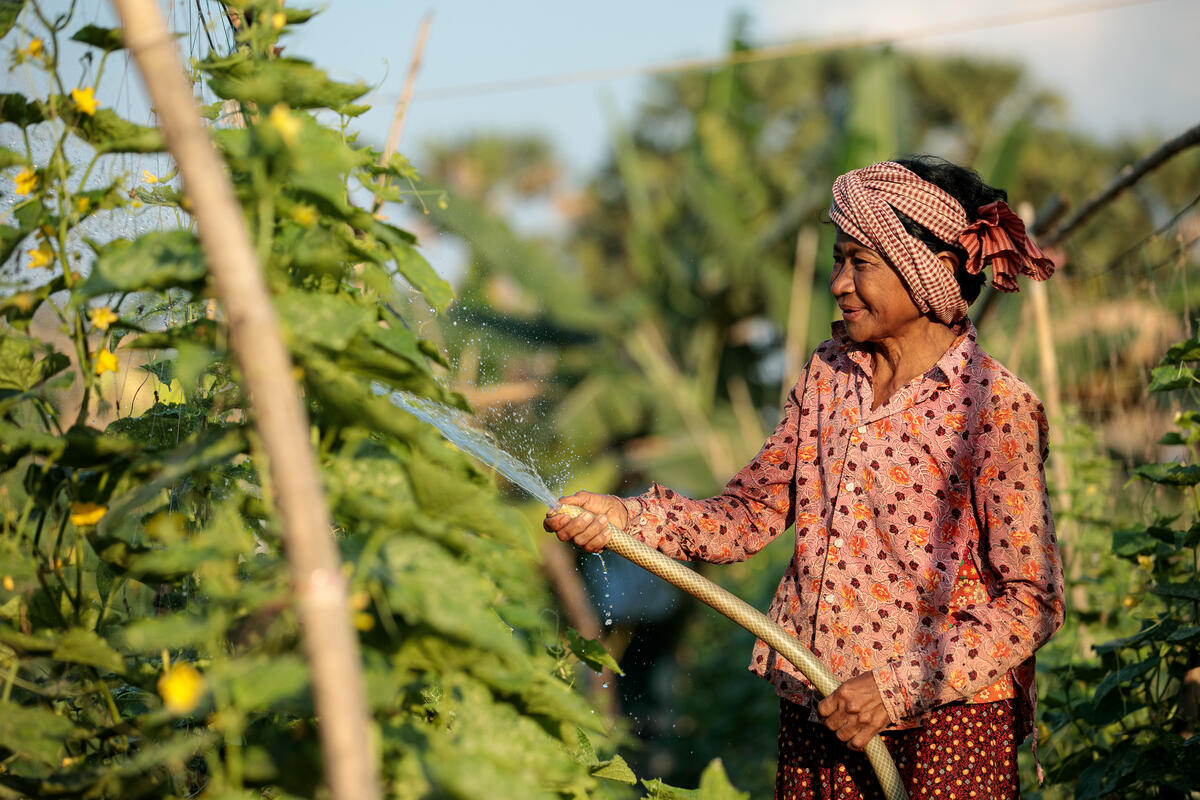
Under a UN-UN agreement, the Food and Agriculture Organization (FAO) and the World Food Programme (WFP) Centre of Excellence against Hunger Brazil have joined efforts to contribute to the momentum being built by the School Meals Coalition. The goal of the initiative is to strengthen country capacity in Home-Grown School Feeding (HGSF), particularly through synergies between local food, agriculture, and smallholder farmers, encouraging inclusive procurement and short value chains for better nutrition. This collaboration aims to collect evidence, share best practices, produce on-line training materials and provide technical support to some countries for linking smallholder farmers to school meals in Asia, Africa, and Latin America.
The initiative has three main goals: conduct an assessment of the state of HGSF in the three regions and compile a diversity of case studies and lessons learned from selected countries in the Global South; develop a training methodology and learning tools to support policy development of a nutrition-sensitive value chain approach for school meals programmes, based on the challenges and opportunities of the assessment conducted previously and the existing wealth of materials produced by the Rome-based agencies for food security; and provide on-line technical support to three selected countries through the developed learning package and tailored exchanges between the WFP Centre of Excellence in Brazil, FAO, the International Fund for Agricultural Development (IFAD), Country Offices, and local stakeholders. The selection of countries will be based on consultations with FAO and WFP Country and Regional Offices and the national policy relevance for the local government.
In addition to capacity development, the primary outcome for partner countries will be the joint preparation of a national roadmap for strengthening smallholder farmers’ capacities to supply school meals programmes, considering the country’s priorities and context. The activities will be developed throughout 2022, with the first assessment report and training materials being produced in the first semester and the country technical support in the second semester. Due to the remaining COVID-19 travel restrictions, the project will be implemented remotely, taking advantage of the Rome-based agencies’ new technologies and experience on remote assistance over the past years.




